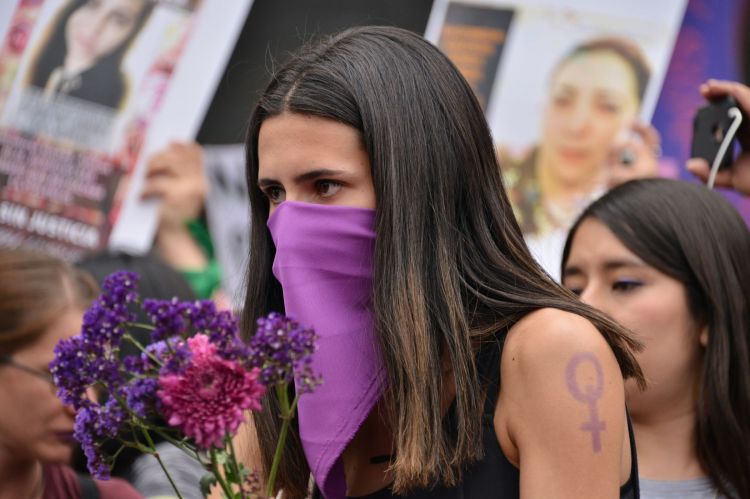
Dr León Castellanos-Jankiewicz, Researcher in International Human Rights Law at the Asser Institute and former member of the MELA consortium, has published an analysis in Just Security about the shortcomings of Mexico’s amnesty law.
As violence in Mexico reaches record highs, President Andrés Manuel López Obrador has proposed an amnesty law aimed at benefiting individuals accused of involvement in the country’s drug trade. However, León argues that the government’s proposal should be accompanied by transitional justice measures that acknowledge and identify instances of mass violence and state failure, foster reconciliation and social reintegration, and make reparations to victims. If these shortcomings are not remedied, León warns, the initiative might well become an empty gesture.
The Mexican amnesty would benefit persons convicted of minor crimes related to drug trafficking and narcotics possession. The measures are aimed at small-time dealers who, because of their social disadvantages, are likelier to become entrapped by addictions and their cycles of violence. According to León, the proposal reflects a liberalising drug policy, and recognises that many individuals caught up in the drug trade occupy marginal positions in society that render them easily exploitable or vulnerable to addiction. It also signals a shift in strategy since, until now, the full spectrum of drug-related crime has been treated almost exclusively as a security threat.
To be effective, however, León argues that the amnesty must also integrate robust transitional justice mechanisms, including independent fact-finding commissions, which the current government has adopted only reluctantly. The urgency for this cannot be understated: in 2019, a record 34,582 persons were murdered in Mexico, according to the official count. This number surpasses the 33,743 homicides registered in 2018, which, until then, had been the most violent year since the war on drugs was launched by former Mexican President Felipe Calderón in 2006.
Additionally, focusing on low-level participants alone may be insufficient. Given the disproportionate role that the cartels have in inflicting harm, their reintegration into society must be a priority. The government should, therefore, concentrate on the disarmament, demobilisation and rehabilitation of cartel members who have previously used violence. Many have long rejected this option, but in light of the ruthless attacks meted out to civilians, its consideration might become a necessity. Short of offering violent criminals blanket amnesties, however, the government should consider the reduction of sentences, alternative punishments, and direct reparations from perpetrators to victims.
León concludes that the new amnesty law could help erase the social stigmas associated with drug consumption, and begin a national reconciliation process. However, a long-term reduction of violence will only hold if victims have genuine access to remedies, and if former criminals are offered a meaningful re-entry to society.
Read the full post here.
Further reading
Castellanos-Jankiewicz, “La amnistía mexicana: sus tres defectos”, Foreign Affairs Latinoamérica blog, 28 January 2020 (in Spanish).
Dr León Castellanos-Jankiewicz (@leoncastjan) is a researcher at the Asser Institute for International and European Law, The Hague. His work focuses on human rights, transitional justice and minority protection. Previously, he was Max Weber Postdoctoral Fellow at the European University Institute, Florence, and Postdoctoral Researcher at the Project on Memory Laws in European and Comparative Perspective. He holds a PhD in International Law from the Graduate Institute of International and Development Studies, Geneva.
Image source: The Asser Institute and Shutterstock.
